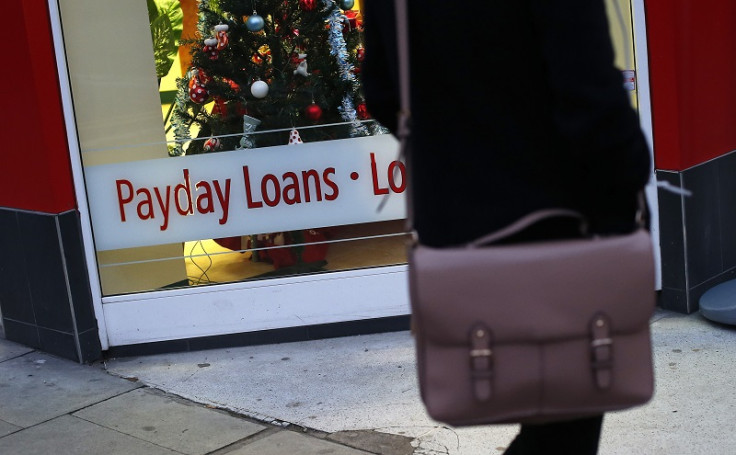Young People Bear Brunt of Britain's Debt

More than three times as many young people than pensioners are bearing the brunt of Britain's increasing debt.
According to the think tank Demos, more than half (55%) of 18-24 year olds, and 48% of 25-34 year olds, said that their debt had increased over the past five years, compared to just more than one in ten (13%) of over-65s.
In comparison, only 12% of 18-24 year olds, and 28% of 25-34 year olds, saw their debt decrease during the same period.
"When we talk about rising debt levels, it is young people in their 20s and 30s who are bearing the brunt," said Jo Salter, a researcher at Demos.
She added: "This is a time in their lives when previous generations would be thinking about starting a family or trying to get on the property ladder. Instead of saving for the future, they are being dragged into debt just to meet the costs of living."
The findings, which come from a Demos poll of 1,775 people, is released ahead of a comprehensive report on the "real-life" impact of debt due to be published next month.
Respondents were asked to calculate the full extent of their debt, including credit cards, rent and bill arrears, and any combination of bank, student or payday loans.
The majority of young people said they had more than £2,000 of debt.
But a fifth (19%) of both 18-24 year olds and almost a quarter (22%) of 25-34 year olds revealed they currently owe in excess of £10,000.
Demos said the figures present a bleak scenario for young adults already facing pressure from a cost of living squeeze, rising rents and the government's welfare and housing benefit reforms.
The study also found that although there may be positive reasons for getting into debt – such as funding their studies – the reasons are much more likely to be negative, with many struggling to make ends meet at the end of each month.
Amongst 25-34 year olds, for example, 35% got into debt due to "unexpected expenses", 28% could not "afford the basics", while 27% cited a "one-off purchase".
© Copyright IBTimes 2025. All rights reserved.






















